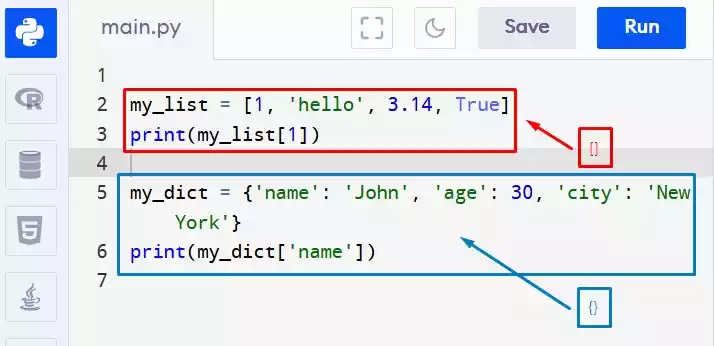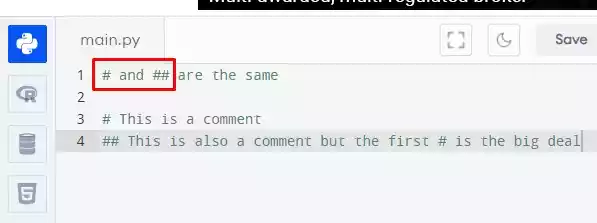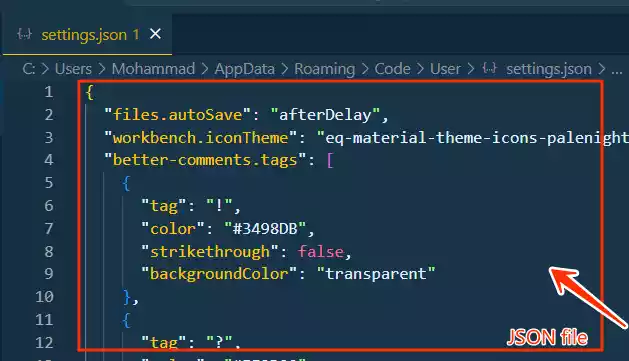Compiler vs. Interpreter: What's The Difference?
When programming, developers use high-level programming languages to write human-readable code.
However, computers understand and execute instructions in low-level machine language.
This is where compilers and interpreters come into play, as they bridge the gap between human-readable code and machine-executable instructions.
Table of Contents
What is a Compiler?
A compiler is a software tool that translates an entire program written in a high-level programming language into a lower-level language, typically machine code.
It performs this translation in a single step, converting the entire source code into an executable file known as an object file.
The object file can then be executed independently.
What is an Interpreter?
An interpreter on the other hand, is a program that reads and executes the source code line by line.
It does not translate the entire program beforehand. Instead, it interprets each line of code and executes it immediately.
This means that the interpreter converts and executes the source code simultaneously.
Compilation Process
The compilation process involves several steps. First, the compiler analyzes the entire source code for syntax errors and other issues.
If no errors are found, it proceeds to generate the corresponding machine code. This machine code is then linked with libraries and resources to create an executable file.
Interpretation Process
In contrast to compilation, the interpretation process does not involve generating an executable file.
The interpreter reads the source code line by line and executes it immediately. Each line is converted to machine instructions and executed one by one.
This process allows for real-time feedback and dynamic behavior within the program.
Key Differences
1. Approach
The main difference between compilers and interpreters lies in their approach to translating code.
Compilers convert the entire source code into machine code before execution, while interpreters translate and execute the code line by line.
2. Execution Speed
Since compilers generate machine code beforehand, the resulting compiled program tends to execute faster.
Interpreters, on the other hand, have the overhead of converting and executing the code simultaneously, which may lead to slower execution.
3. Error Detection
Compilers perform a thorough analysis of the entire program during the compilation process, which allows them to detect errors and issues before generating the executable file.
Interpreters detect errors line by line, stopping execution when an error is encountered.
4. Memory Usage
Compiled programs generally require more memory since the entire program is translated into machine code.
Interpreted programs, however, can conserve memory as they do not need to generate machine code for the entire program beforehand.
5. Portability
Interpreted programs tend to be more portable as they can be executed on any system that has the interpreter installed.
Compiled programs, on the other hand, are platform-specific and may require recompilation for different systems.
6. Development Process
The development process differs between compilers and interpreters. With a compiler, the entire program is translated and compiled before execution, allowing for optimization and better performance.
Interpreters provide real-time feedback during development, making it easier to test and debug code.
Use Cases
The choice between a compiler and an interpreter depends on the specific requirements of the project.
Compilers are often preferred for large-scale applications where execution speed is critical, such as system software or games.
Interpreters are commonly used in scripting languages, prototyping, and situations where flexibility and real-time feedback are important.
Pros and Cons
Compiler Pros
- Faster execution speed
- Optimized code generation
- Early detection of errors
- Efficient memory usage
Compiler Cons
- Longer development cycle
- Platform-dependent executables
- Lack of real-time feedback during development
Interpreter Pros
- Real-time feedback during development
- Platform independence
- Easier code modification
- Simplified debugging process
Interpreter Cons
- Slower execution speed
- Increased memory usage for interpretation
- Limited code optimization
Wrap Up
Compilers and interpreters play vital roles in the world of programming. While compilers generate machine code beforehand and offer faster execution, interpreters provide real-time feedback and portability.
The choice between the two depends on the specific needs of the project, considering factors such as execution speed, development cycle, and flexibility.
Frequently Asked Questions (FAQs)
- What is the main difference between a compiler and an interpreter? The main difference lies in their approach to translating and executing code.
A compiler converts the entire program into machine code before execution, while an interpreter translates and executes the code line by line. - Can a programming language have both a compiler and an interpreter? Yes, some programming languages support both compilation and interpretation.
This allows developers to choose between the two based on their specific requirements and preferences. - Which is faster: a compiled program or an interpreted program? Generally, compiled programs tend to execute faster since the entire code is translated into machine instructions beforehand.
Interpreted programs, however, offer more flexibility and real-time feedback during development. - Is it possible to convert a compiled program into an interpreted program? Converting a compiled program into an interpreted program is not straightforward. It typically requires reverse engineering and significant modifications to the code structure and execution process.
- What are some examples of languages that use compilers and interpreters? C, C++, and Java are examples of languages that use both compilers and interpreters. These languages can be compiled into machine code or executed through an interpreter, depending on the desired approach and requirements





